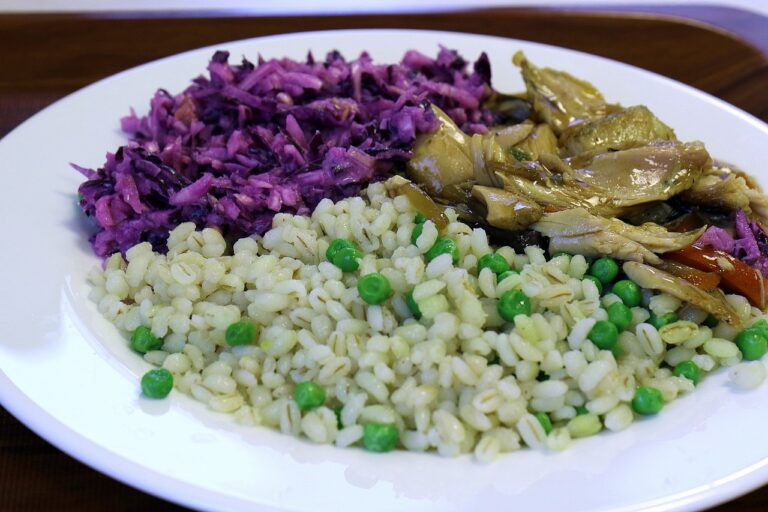The Global Spice Trade: Tracing Flavors Across Continents.
Tracing back to ancient times, the spice trade has been a critical element of global commerce. Spices have long been prized for their ability to enhance flavor, preserve food, and even possess medicinal properties. As explorers ventured to distant lands in search of these precious commodities, the spice trade grew in scale and significance.
The demand for spices led to the development of intricate trade routes connecting the East and the West. Along these routes, merchants exchanged not only goods but also cultural influences, shaping the way societies interacted and evolved. The spice trade played a pivotal role in shaping economies, politics, and even the course of history, leaving a lasting impact on the world as we know it today.
Origins of Spice Consumption
Spices have held a significant place in human history, dating back to ancient times. The consumption of spices can be traced back to early civilizations such as the Egyptians, Greeks, and Romans. These ancient cultures valued spices not only for their ability to enhance the flavor of food but also for their medicinal properties.
In the ancient world, spices were highly sought after and considered luxurious commodities. The Egyptians used spices in their embalming practices, believing in their ability to preserve the dead. Meanwhile, the Greeks and Romans incorporated spices into their cooking and religious rituals, elevating them to symbols of wealth and power. These early uses of spices set the foundation for the widespread consumption and trade of these valuable goods.
Impact of the Spice Trade on Global Economy
The spice trade played a crucial role in shaping the global economy throughout history. As spices were highly valued commodities, their trade routes led to the flourishing of empires and the establishment of new trade networks. The demand for spices such as pepper, cinnamon, and cloves drove economic growth and spurred exploration and colonization of new territories.
The spice trade also had broader economic implications beyond the exchange of goods. It facilitated cultural exchange, technological advancements, and the development of financial systems. The trading of spices led to the creation of new markets, the growth of shipping industries, and the emergence of international banking and insurance services. The economic impact of the spice trade was far-reaching and laid the foundation for modern global trade practices.
• The spice trade led to the establishment of new trade networks
• Demand for spices like pepper, cinnamon, and cloves drove economic growth
• Facilitated cultural exchange and technological advancements
• Creation of new markets and growth of shipping industries
• Emergence of international banking and insurance services
What is the Spice Trade?
The Spice Trade refers to the historical trade of spices and herbs between countries and continents, which played a significant role in shaping global economy and cultural exchange.
What are some commonly traded spices?
Some commonly traded spices include pepper, cinnamon, cloves, nutmeg, and cardamom.
How did the Spice Trade impact the global economy?
The Spice Trade led to the rise of major trading empires, such as the Dutch East India Company and the British East India Company, which controlled the spice routes and amassed wealth through trade.
Why were spices so valuable in the past?
Spices were valued for their ability to preserve food, enhance flavor, and mask the taste of spoiled ingredients, making them highly sought after commodities in medieval and early modern times.
What were some of the consequences of the Spice Trade on global economy?
The Spice Trade led to the establishment of colonial empires, the development of new trade routes, and the globalization of the world economy, shaping the course of history and international relations.







